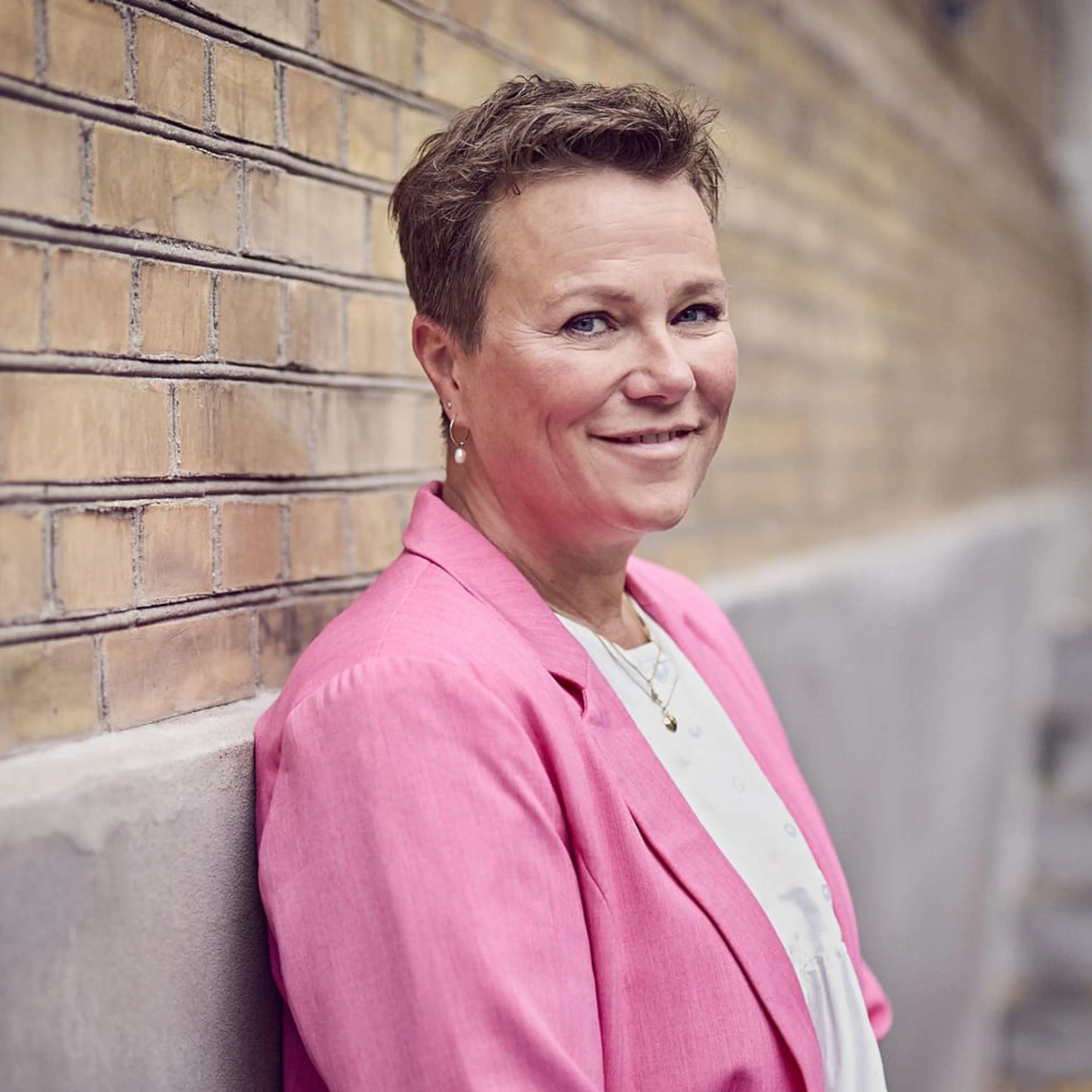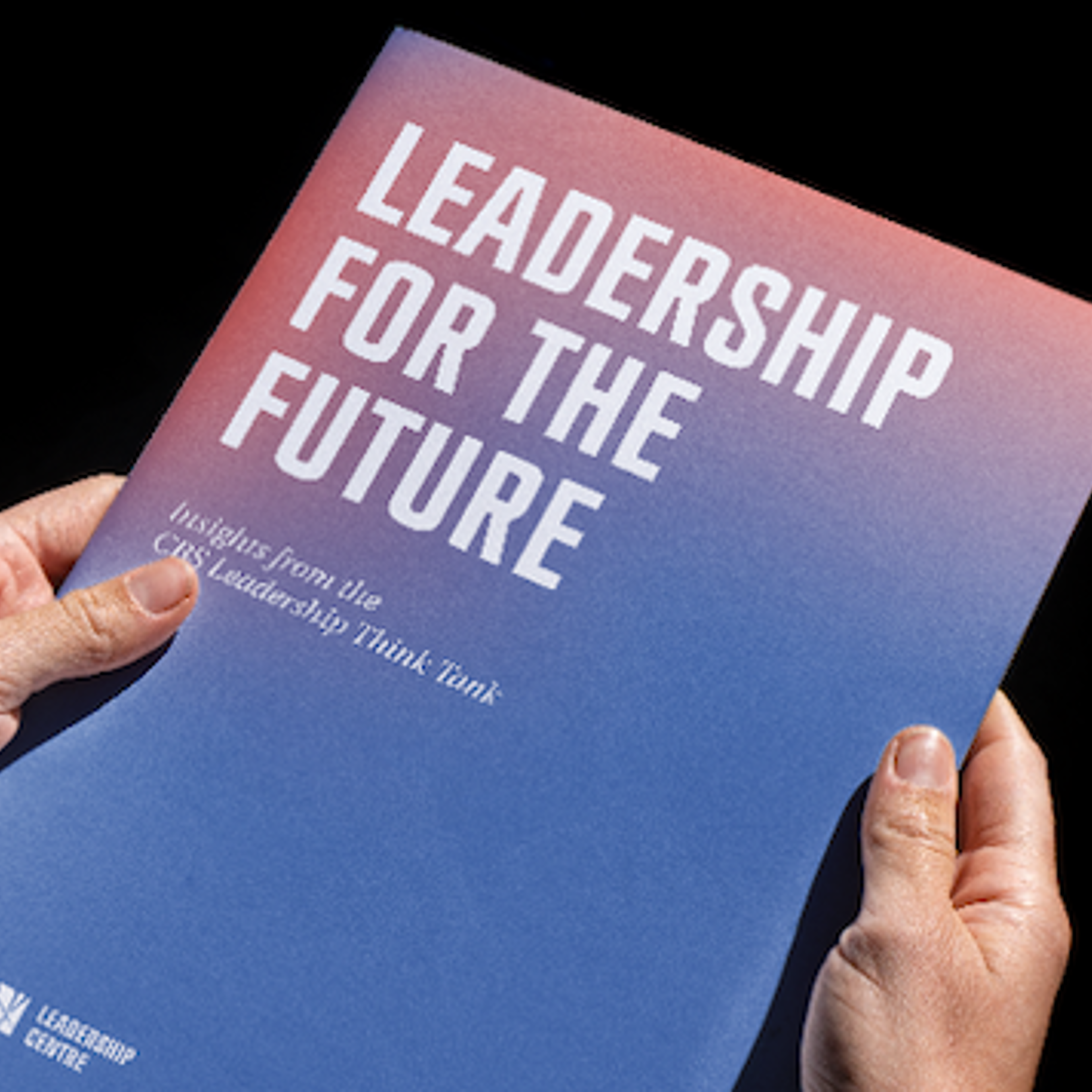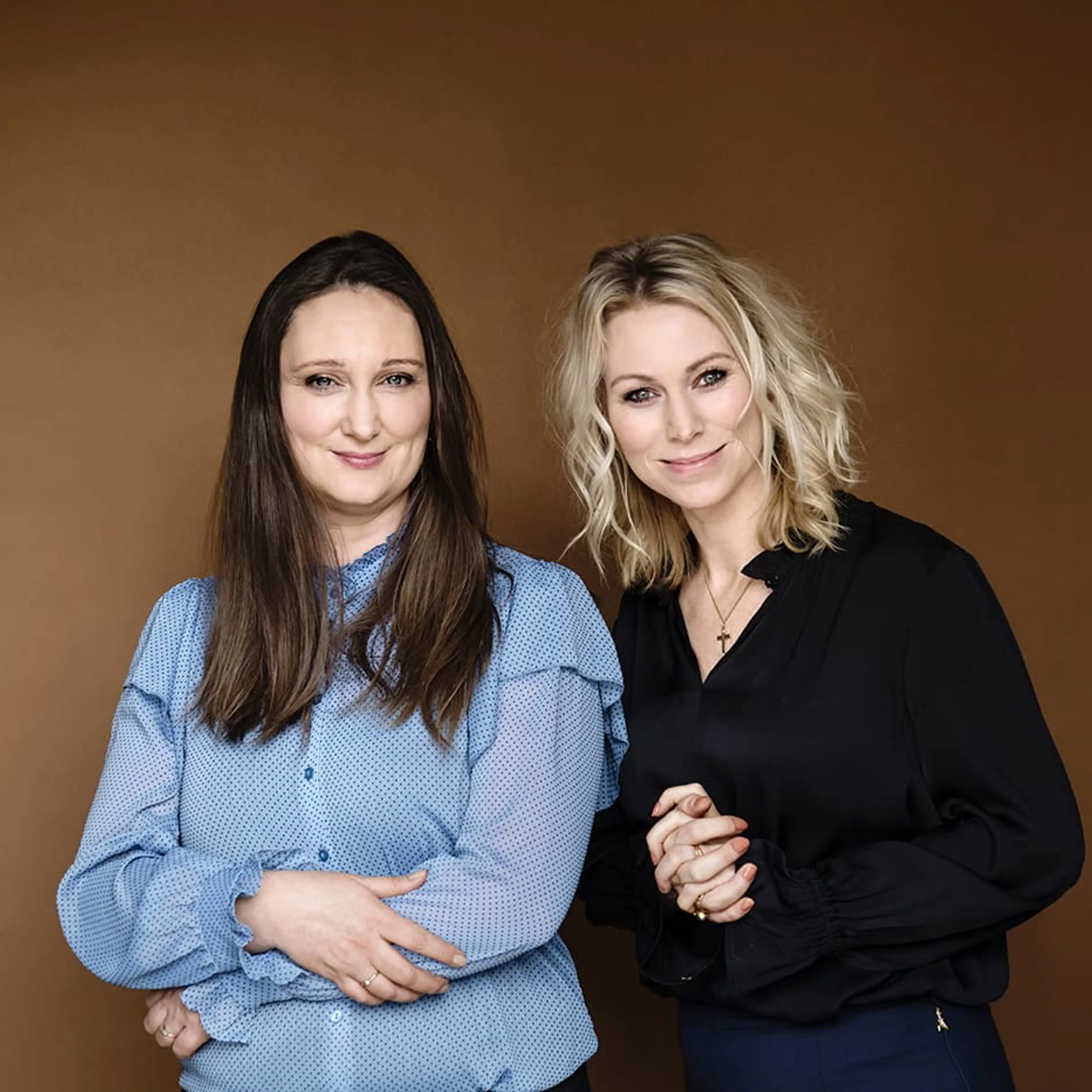Once a month, CBS Leadership Centre and researchers at Copenhagen Business School provide Børsen readers with a current and research-based perspective on the challenges facing leaders.
This time, Professor Signe Vikkelsø, Professor Alan Irwin and Postdoc Sunny Mosangzi Xu write about how businesses, when aiming to strengthen innovation and knowledge sharing within organisations, can draw inspiration from the way researchers work .
For decades we have been discussing the meaning of the knowledge society and recognising the importance of knowledge and innovation for society and business. Many of today's great business successes are based on research and development of groundbreaking solutions. Tesla overtook its competitors through visionary fundraising and a significant research effort. Novo Nordisk embarked on a new business adventure based on decades of research into drugs to treat obesity.
Three key characteristics
Unfortunately, our language often suffers from clichés that get in the way of a good understanding of how to manage researchers and research processes. Researchers are often labelled 'nerds', 'prima donnas' or 'lone geniuses'. But while researchers can be demanding to work with, they possess a number of qualities that are valuable and attractive in an increasingly complex and uncertain world for businesses and organisations to navigate. We will highlight here three traits that researchers typically value in one another, and that can also be beneficial in most organisations: persistence, collaboration and dealing with uncertainty.




